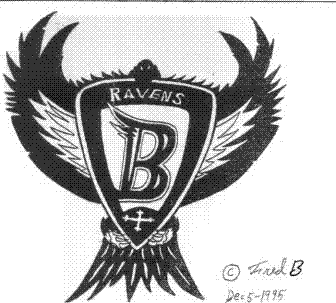Have
you ever worked in a hostile work environment?
If you have, you can understand the stress and mental anguish it can
cause. Not just on your mental abilities
but how you perform your job physically as well. The players under the coaching style of Mike
Rice know a hostile work environment first-hand, or do they? Basketball is not your typical nine to five
corporate job, so who decides when a coach has taken his tactics too far and
how fine is the line that separates abuse from passion? According to an article
on CBS Sports, former player Austin Johnson states, “at this level, some of
that is to be expected.” This comment
suggests there may be some un-written rule to what it takes to be a college
player potentially trained for the road to the NBA.
According
to Rutgers contract with Rice, a breach of contract may be subject to
perception of Rice’s coaching practices.
An article written by Terrence
Payne offers a portion of the contract between Rutgers and Rice and it
states:
“Material
breach of this contract (won-loss record shall not constitute material breach),
neglect of duty, willful misconduct, act(s) of moral turpitude, conduct tending
to bring shame or disgrace to the University as determined in good faith by the
Director of Intercollegiate Athletics, violation of University regulations,
policies, procedures or directives not remedied after thirty (30) days written
notice,…criminal conviction, or unapproved absence from duty, other than for a bona
fide use of sick leave in accordance with University policy, without the
consent of the director.”
When you compare the comments of Austin Johnson to
the terms of Rice’s contract, it seems as if this behavior is normal when a
student wants to play on a collegiate level.
How do we decipher Rice’s actions to kick his players while coaching
them as abuse but accept the occasional “butt pat” of a player as a sign the
player has done a good job. To an
outside on-looker, the “butt pat” can be perceived as inappropriate touching
but it’s acceptable because we do not associate it with misconduct or acts of
moral turpitude.
I am not writing this blog to condone the behavior
of Mike Rice but this is just another case in which perception has more ground
than what is actually right. As I try to
remain objective in my posts, I cannot help but wonder would Mike Rice still be
employed if the coaching video had not gone viral. Also, what was it that kept the players from
seeking some type of justices for themselves?
Maybe, they didn’t realize they were victims of physical and verbal
abuse and that’s when perception becomes dangerous.

